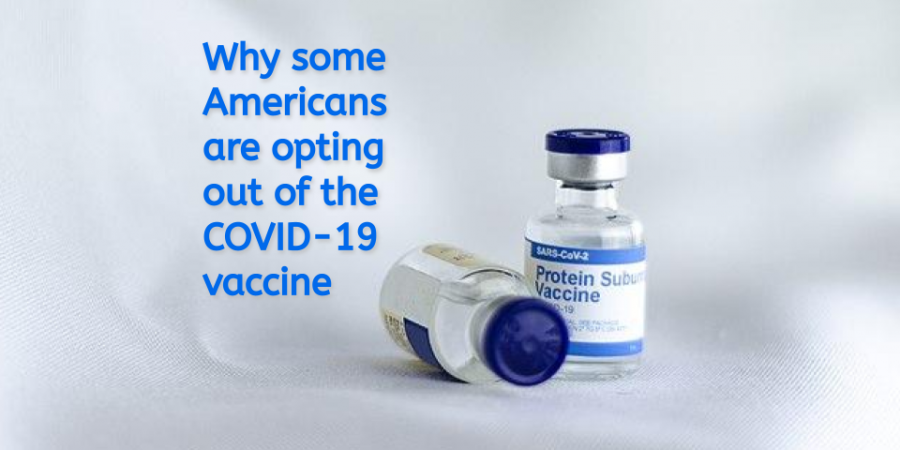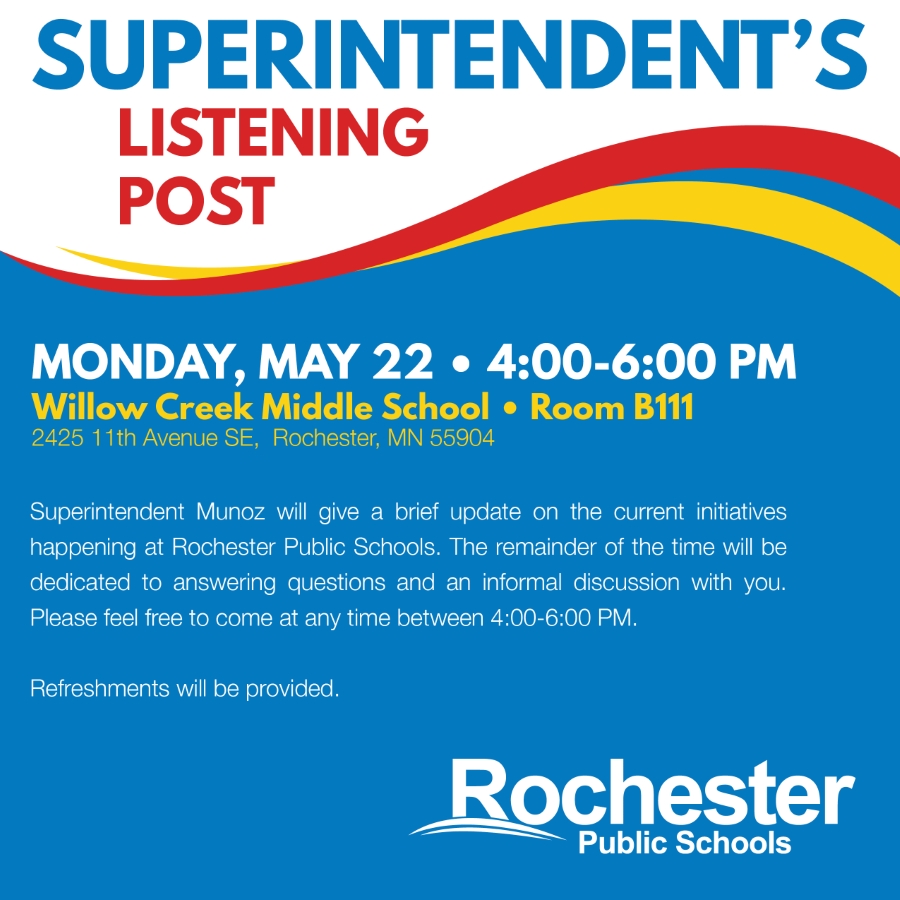Why some Americans are opting out of the COVID-19 Vaccine
May 18, 2021
Many people are opting out of the COVID-19 vaccine. Why are they making that choice? What does that mean for our future of normalcy?
The COVID-19 vaccine is new, and the fact that contracting the virus can be fatal makes it very scary. The FDA has never allowed an emergency youth authorization vaccine, which may cause people to be hesitant due to the trials not lasting very long, but neither Moderna nor Pfizer actually contain the virus. According to the CDC website, they resemble the proteins contained in the COVID-19 virus, but you can’t actually contract the illness from it.
Even with that information being spread across the country and globe, a reluctance to receive the vaccination persists: “According to the CEO of Pruitt Health, an organization that runs about a hundred long-term-care facilities across the South, 70% of employees in those facilities declined the first dose” (Khullar).
This mostly stems from general skepticism. After being told time and time again that it can take years if not decades to develop vaccines, many people are reluctant to accept one that was pushed out within months. People just want to know the long-term effects and data (Khullar).
What most people don’t seem to know is that scientists have been studying mRNA for a while now, and researchers have accumulated a great deal of information on it.
Developing this medicine is something scientists have been getting ready to do,; it just wasn’t public knowledge. Hope Roth, a nurse in the COVID-19 ICU unit at the Mayo Clinic explained how mRNA vaccines work: “mRNA vaccines have been studied for a long time (15-20 years), but the funding to develop one was low because until Covid hit, it wasn’t necessarily a priority.” Roth went on to explain that “we won’t know the long term effects of this particular vaccine until more time has passed. It has been trialed and studied in the short term to test for safety and efficiency but could take years of study and research to identify long term effects. ” (Roth). Scientists weren’t expecting to develop and put out a vaccine, but they took all the right paths and didn’t cut corners when making the Pfizer, Moderna, and Johnson & Johnson vaccines, so “it’s important to note that this is not the only vaccine on the market that we don’t know for sure what the long term effects of it are,” Roth said.
The difference between mRNA and regular vaccines can be confusing at first; however, Roth explained it well, saying: “The COVID-19 mRNA vaccines work by giving our cells ‘instructions’ for making a unique protein ‘spike’ that appears on the surface of the COVID-19 virus. This protein is called an antigen. The mRNA enters our immune cells and translates these instructions to produce the same antigen that our immune cells then display on their surface. Our immune cells recognize that this ‘protein spike’ shouldn’t be there, which triggers our immune system to create antibodies that will attack… Once our bodies learn an antigen and to produce a particular antibody, it knows how to do it forever- this is called acquired immunity. So if we come in contact with COVID-19 (after we have been vaccinated and our immune system has built antibodies) our immune cells will see the ‘protein spike,’ …recognize it from the vaccine, and deploy the antibodies it has already learned to make” (Roth). The CDC website also has a vast amount of information on the COVID-19 vaccine and mRNA vaccines as a whole. On their site, the authors explain that mRNA vaccines can’t change your DNA makeup, because it never enters the nucleus of your cells, which is where your DNA is kept.
As for opting out due to not having access, that doesn’t seem to really be an issue anymore. Andrew Herber, an employee in the Hospital Internal Medicine unit at Mayo believes that, “it seems to be either a political agenda or skepticism of it being new. I think access initially was an issue; however, I do not feel that is the case anymore. There are tons of vaccines for anyone who wants one. Hopefully people realize that the only way out of this pandemic (just like prior pandemics) is via vaccinations. Also, I have cared for COVID-19 patients for the past 12+ months, and getting COVID is significantly worse than getting the vaccine” (Herber). However, Governor Walz has just announced that Minnesotans as young as 12 can get the vaccine now, which will impact our vaccination numbers. Hopefully within the next few years we can open it up to an even wider age range, enabling us all to return to normal.
Sources
Article Title:Why are so many healthcare workers resisting the Covid-19 vaccine?
Author: Dhruv Khullar
Website Name:The New Yorker
URL: Why Are So Many Health-Care Workers Resisting the Coronavirus Vaccine?
Access Date:04/11/21
Publisher:The New Yorker
Last Updated : 02/02/21
Original Publish Date:02/02/21
Article Title: Understanding mRNA Covid-19 Vaccines
Author:
Website Name: cdc.gov
URL: Understanding mRNA COVID-19 Vaccines
Access Date: 4/20/2021
Publisher: CDC
Last Updated : 04/4/2021
Original Publish Date:
Image:
Solo-Protein Subunit-vaccine-21.jpg
COVID-19 Vaccine Vial Prop – Protein Subunit
Creative Commons Attribution 4.0
April 8, 2021





